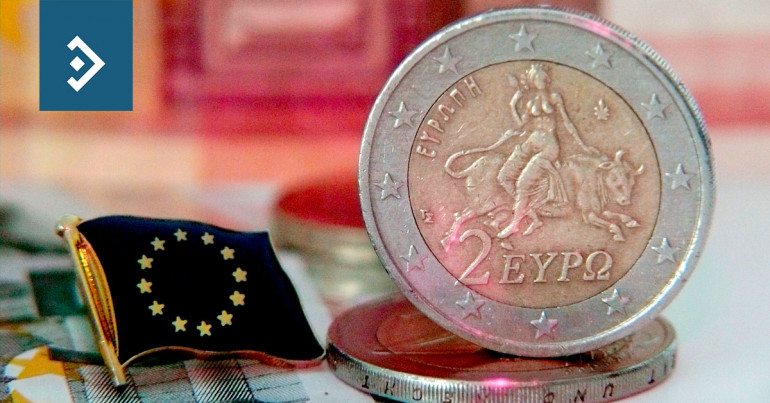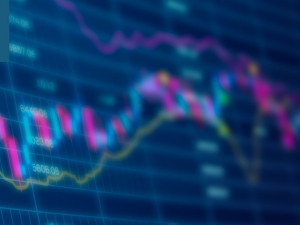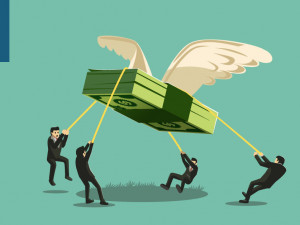
Negativity Builds for Beleaguered Pound
Morning mid-market rates – The majors
June 20th: Highlights
- MPC to outline policy for rest of 2018?
- Draghi repeats dovish message
- Trade war “double edged sword” for dollar
Sterling makes news 2018 low
There is a multitude of reasons why traders continue to desert Sterling with Brexit at the top of most lists. It pervades all areas of the economy and is a major consideration for the Bank of England, whose Monetary Policy Committee meets tomorrow.
It is expected that in his press conference following the meeting, BoE Governor Mark Carney will outline the Bank’s monetary policy plans for the rest of the year in common with what has been seen from the FOMC and ECB recently. Traders are starting to get “cold feet” over the prospect of a rate hike in August and even the possibility of another hike this year.
Support from a rate hike, which would at least slow the widening of the interest rate differential between the pound and dollar, was possibly the final plank of support for the pound and a dovish speech from Carney could be the catalyst for a test of 1.3000.
The Government was defeated again in the House of Lords over their duty to Parliament should there be a collapse in Brexit talks and no deal with Brussels can be agreed. This could lead to a showdown later in the week or early next, with continued negative consequences for the currency.
Considering your next transfer? Log in to compare live quotes today.
Draghi stands by his words on rates
Speaking at an annual ECB sponsored symposium in Portugal; yesterday, its President Mario Draghi reaffirmed his commitment to a dovish monetary policy for the Eurozone.
He was, if anything, even more dovish in his comments stating that interest rates in the region wouldn’t rise before September next year. Draghi commented that the “ultra-advance guidance” signals to markets that the ECB needs to be patient in its monetary policy changes, a possible signal to the more hawkish members of the ECB Governing Council.
He left his audience in no doubt saying that he believed that the markets had interpreted the intended message from last week’s press conference correctly.
The euro fell to 1.1530, close to its year’s low but as markets come to terms with the dovish monetary policy, the single currency can expect to find some support as selling momentum slows.
If the Fed. continues on the path it has mapped for interest rate hikes, the Fed Funds rate in the U.S. will be close to 3% before the ECB hikes from its current level of zero.
Consumer confidence data is due for release tomorrow and with expectation that it has fallen into negative territory, the Central Bank’s decision to remain on hold looks to be correct, in the short term at least.
Trump continues to play tough over trade
As a nation, China is viewed historically as “playing the long game”, particularly since it has an entirely different political structure to the four yearly elections in the U.S. and the fact that a President can only serve two terms. Eight years is a “drop in the ocean” to Beijing and it clearly has no intention to bending to the will of the current President, even if Trump’s aims in this regard were clear.
He apparently wants China to open its borders to more imports from the U.S. but there is a limit to just what the U.S. can sell to China having debased its manufacturing capability over the past thirty years or so.
China can afford to wait out the storm and also enforce its own tariffs in retaliation. It is only if the dispute overflows into other areas of the relationship between the two nations that there will be global concern, but, for now, we are a long way from that scenario.
If the U.S. continues to add tariffs to imports, that will be an inflationary factor which will reinforce the Fed’s rate hike view. This in turn will strengthen the dollar making U.S. exports more expensive and defeating the object of the tariffs.
The dollar index rallied yesterday but the greenback is still unable to conclusively pierce the resistance at 95.20, making a high of 95.30 before retreating to close at 95.00.
Have a great day!

About Alan Hill
Alan has been involved in the FX market for more than 25 years and brings a wealth of experience to his content. His knowledge has been gained while trading through some of the most volatile periods of recent history. His commentary relies on an understanding of past events and how they will affect future market performance.”



